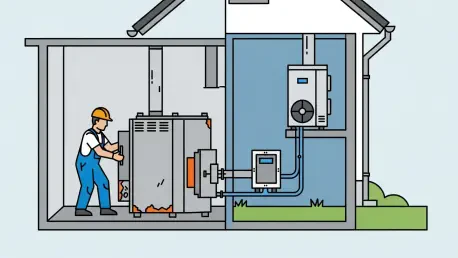
In a decisive move to address mounting economic pressures and dwindling public support, Germany's ruling coalition government has unveiled a sweeping new policy agenda designed to invigorate the nation's sluggish economy and restore political stability. The agreement, brokered by Chancellor

With a career spanning decades in energy management and grid security, Christopher Hailstone has become a leading voice on the transition to renewable energy. We sat down with him to discuss the proposed £500 million wind turbine manufacturing plant at Portland Port, a project poised to transform

In the face of increasing climate-related challenges, including the record-warm summer of 2025, a recent report presented to senior leaders at Leeds City Council has illuminated the city's remarkable progress since declaring a climate emergency in 2019. This detailed analysis chronicles a

In the face of profound national challenges, Ukraine is embarking on an innovative journey to secure its energy future and foster economic resilience, turning not to conventional methods but to the humble Miscanthus plant. A UK-backed international initiative, the Miscanthus Evaluation for

A Green Dream Turned into a National Crisis Once hailed as a triumph of clean energy, Nepal's household biogas program is facing a catastrophic failure. A comprehensive study by Kathmandu University has pulled back the curtain on a nationwide crisis, revealing that over half of the country's

Imagine a silent, invisible force accelerating the planet’s warming at a staggering rate, while simultaneously undermining the air quality in communities worldwide, yet it barely makes headlines compared to its more infamous cousin, carbon dioxide. This unseen culprit is methane, a greenhouse gas